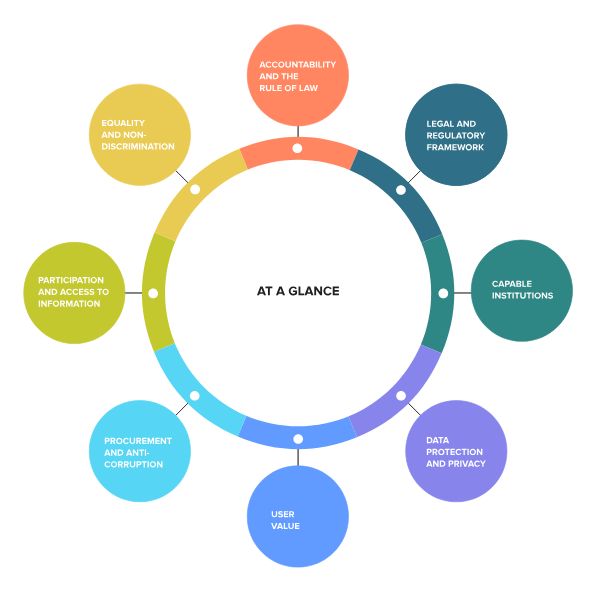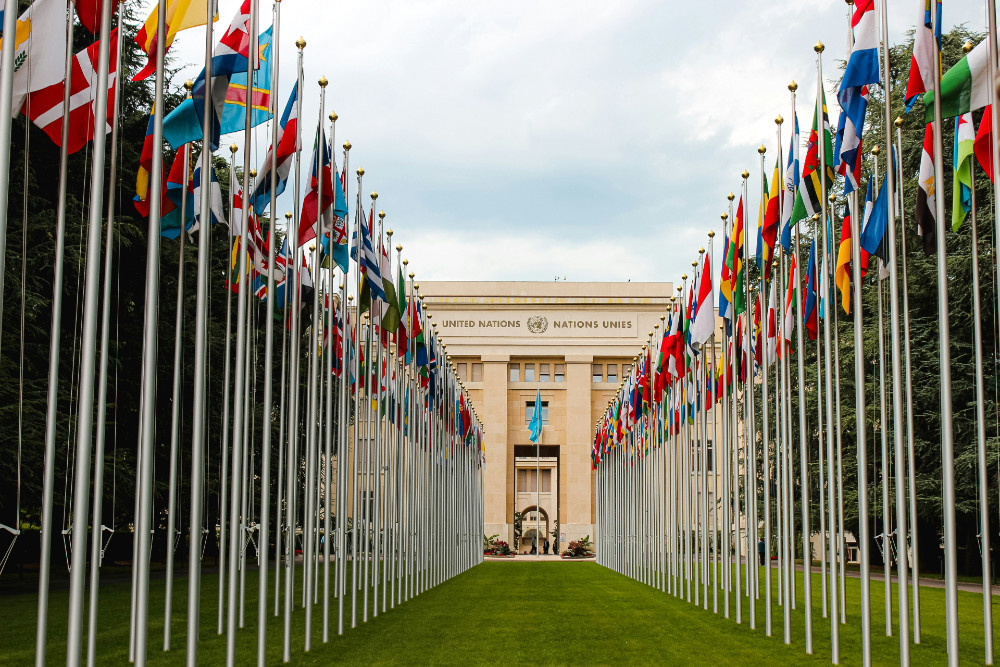Digital Surveillance
Human & Civil Rights, Digital Surveillance & Emerging Technologies
Networked technologies have evolved to afford an unprecedented capacity to track, influence and control people through digital means. The implications of this predicament dominate political, economic, and cultural discourse today. The same evolutionary pathway allowed a small number of powerful actors to disproportionately imagine, create and control the means and regulation of digital surveillance.
From the cables and servers that make up the physical infrastructure of the internet to the design of facial or voice recognition algorithms, all digital technologies carry a range of possibilities – from promising to pernicious – for the future development and enjoyment of human rights. But the deployment of emerging technologies has not led to greater equality, more democratic access to knowledge, or safer and more inclusive societies – and where positive developments have emerged, these come at grave costs at the margins which often go undocumented or dismissed as acceptable in economies focused on efficiency and scale.
In the future, the demand for effective accountability options for the creation and misuse of repressive technologies will grow as human rights advocates are increasingly empowered and supported in their work. That means finding new innovative ways to communicate and build solidarity across political borders, and investing in the creative use of investigative tools and legal advocacy to expand access to justice in this complex and evolving field.
-
Digital Darkness: How Governments Use Digital Repression to Silence Dissent
By: Atoosa Haghani, LAW ‘27 It begins with silence. Not the absence of noise, but a forced muting, of…
-
A Model Governance Framework Analysis of Kenya’s Maisha Namba
Authors: Kiko Galpin, Jackie Jaques, Lara Ormiston, and Valerie Wilson An Access to Justice Clinic Report | August 2024…
-
Comments on Draft of the NIST Digital Identity Guidelines, Special Publication 800-63-4
In April 2023, we partnered with the Digital Welfare State & Human Rights Project at the Center in submitted…
-
Shaping Digital Identity Standards
An Explainer and Recommendations on Technical Standard-Setting for Digital Identity Systems. In April 2023, we submitted comments to the…
-
United Nation Cybercrime Treaty Negotiations – Fifth session
The Tradition of Human Rights Limitation Conditions and Safeguards in International Law INTRODUCTION This document is designed to inform…
-
Sovereign Identity Crisis: State, Self, and Collective in a Digital Age – November 17, 2022
Sovereign Identity Crisis: State, Self, and Collective in a Digital Age Event Hosted by iLIT and the Temple Law…






